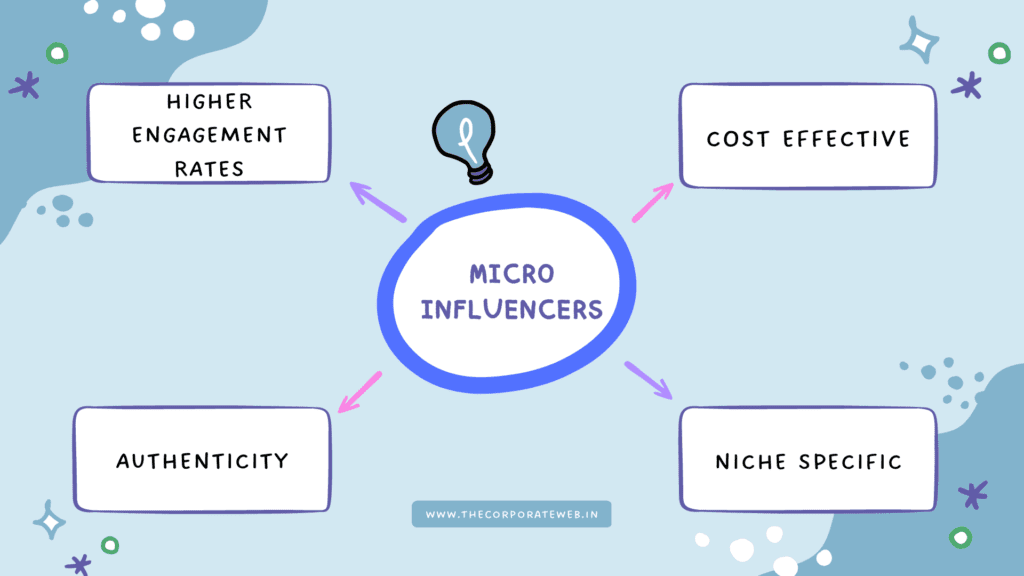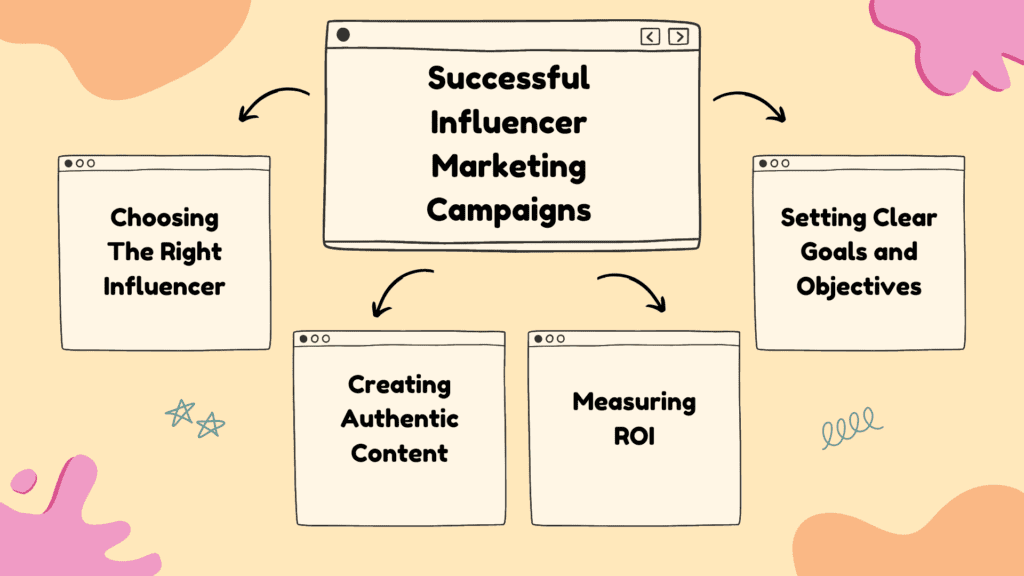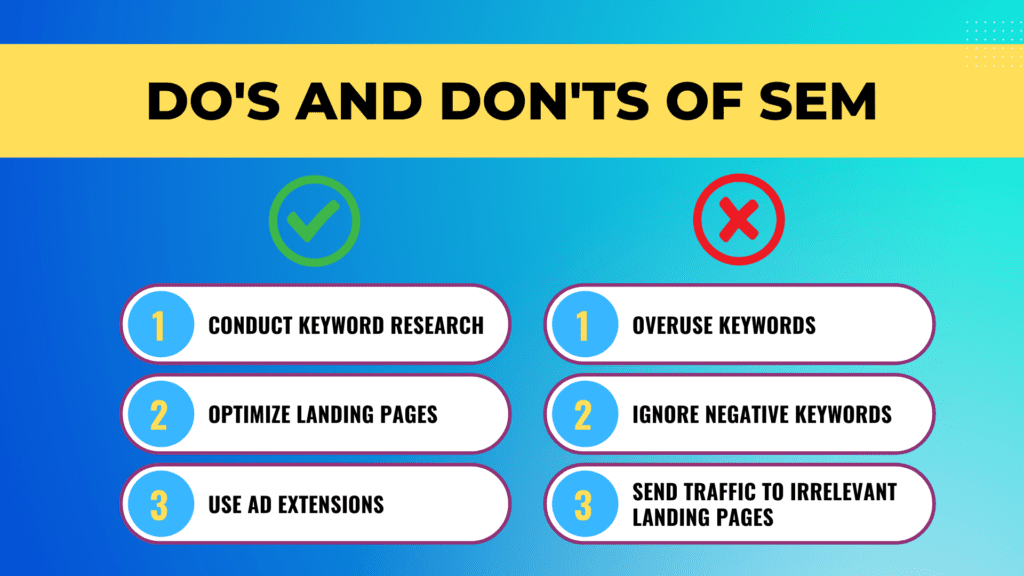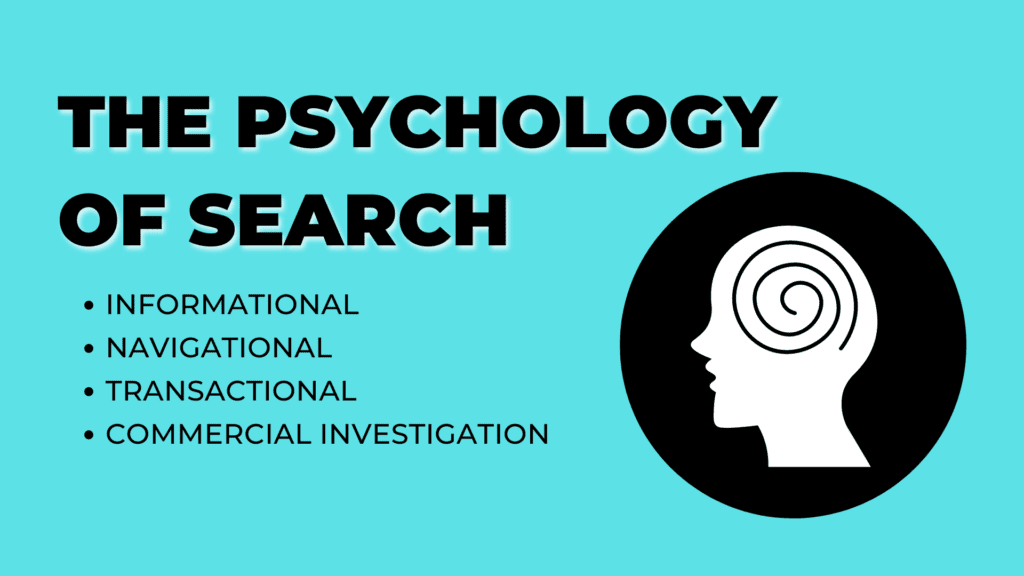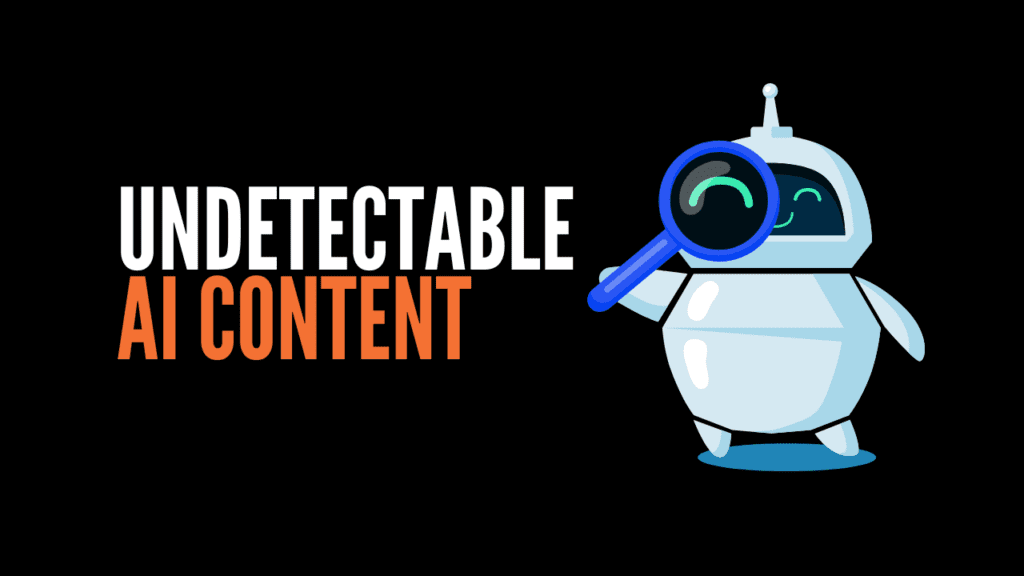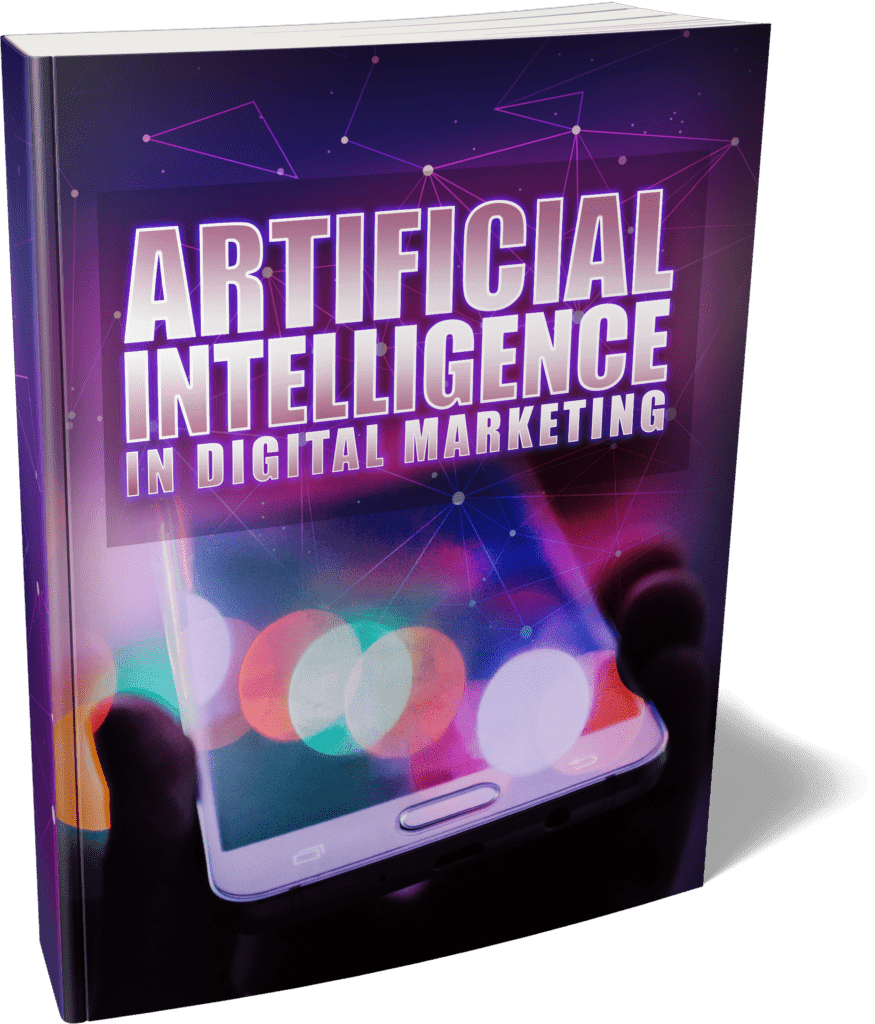The future of workplace experience is being rapidly shaped by advances in artificial intelligence (AI) and digitalization. These two technologies are revolutionizing the way we work, from the types of jobs available to the tools we use to do them.
In this blog, we will explore the impact of AI and digitalization on the workplace, examine some interesting facts and figures, and discuss how these technologies are changing the future of work.
The Impact of AI on the Workplace
Artificial intelligence is already changing the way we work in a variety of ways. One of the most significant changes is the increasing use of automation. Automation can take over many repetitive or time-consuming tasks, freeing employees to focus on more complex work requiring human expertise.
According to a report by McKinsey & Company, up to 375 million workers, or about 14% of the global workforce, could be displaced by automation by 2030.
However, while automation may eliminate some jobs, it will create new ones. In fact, the same report by McKinsey & Company predicts that automation will create up to 475 million new jobs worldwide.
These jobs will require new skills and areas of expertise, which means that employees will need to develop new skills to remain employable continuously.
Read More: How Is Artificial Intelligence Shaping The Future Of Work?
Another way that AI is changing the workplace is through the use of intelligent assistants. These digital assistants can help with tasks like scheduling, email management, and other administrative tasks. This can improve productivity and help employees focus on higher-value work.
The Impact of Digitalization on the Workplace
Digitalization is the process of transforming traditional analog processes into digital ones. This can include everything from digitizing documents to implementing digital communication tools. The impact of digitalization on the workplace is vast and multifaceted.
One of the most significant changes brought about by digitalization is the ability to work remotely. In the wake of the COVID-19 pandemic, remote work has become more widespread than ever before. In fact, a survey by Gartner found that 88% of organizations encouraged or required employees to work from home during the pandemic.
This trend is likely to continue even after the pandemic has ended, as many companies have realized the benefits of remote work, such as reduced overhead costs and improved work-life balance for employees.
Read More: Is There Any Chance For Adani Group To Survive After Hindenburg’s Report
Digitalization has also enabled new forms of collaboration and communication. With tools like video conferencing and instant messaging, teams can collaborate in real time from anywhere in the world. This has made it easier for companies to expand their global reach and tap into a wider talent pool.
Interesting Facts and Figures
Here are some interesting facts and figures that demonstrate the impact of AI and digitalization on the workplace:
- According to a report by IDC, global spending on AI is expected to reach $110 billion by 2024.
- A study by PwC found that AI could contribute up to $15.7 trillion to the global economy by 2030.
- According to a survey by Harvard Business Review, 82% of respondents reported that AI is already contributing to their bottom line.
- In a survey by Microsoft, 41% of employees reported that they were less stressed when working remotely, and 39% reported that they had a better work-life balance.
- A study by Buffer found that remote workers are 22% more likely to be satisfied with their job than those who work in an office.
The Future of Work
So, what does the future of work look like in a world shaped by AI and digitalization? Here are some trends to keep an eye on:
- Continuous learning: As new jobs are created and existing ones change, employees will need to continually learn new skills to remain relevant.
- Remote work: The trend towards remote work is likely to continue, as companies realize the benefits of a more flexible and distributed workforce.
- Hybrid work: Many companies may adopt a hybrid model, where employees have the option to work from home or come into the office on a flexible basis.
- Increased automation: As automation becomes more widespread, companies will need to focus on reskilling their employees to take on new roles that require human expertise.
- Greater emphasis on data: With the increase in digitalization and AI, companies will have access to more data than ever before. This will require a greater emphasis on data analysis and decision-making.
Conclusion:
The future of workplace experience is being shaped by AI and digitalization. These technologies are already changing the way we work, from the types of jobs available to the tools we use to do them.
While there are concerns about the impact of automation on the workforce, these technologies also have the potential to create new jobs and improve productivity. As the workplace continues to evolve, it will be important for employees and employers alike to stay up to date on the latest trends and to adapt to new ways of working.



